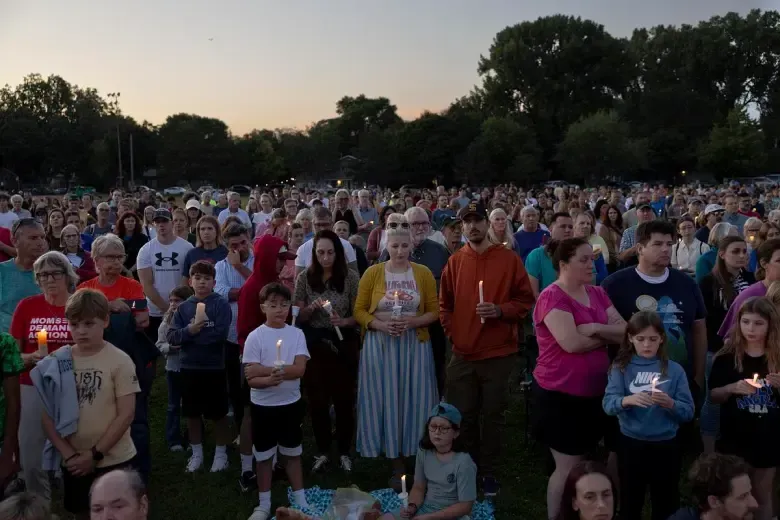Why I Treat Survivors of Gun Violence
Seventeen years after my own loss, I’m committed to helping others heal from theirs.

For the last few years, my professional biography has included this line: I am particularly drawn to treating survivors of gun violence.
I can’t say it has sparked conversations or directly brought in clients. But it matters to me. It’s a way of signaling to people who have endured unimaginable pain that I see them.
Because I am one of them.
When my sister was murdered in 2007, my family was swallowed by grief—and simultaneously lifted by an outpouring of support. Professors, pastors, police officers, therapists, neighbors—helpers of every kind—showed up for us in those dark moments. Their presence shaped me. As a college senior at the time, I knew I wanted to spend my career becoming that kind of helper for others.
Last month’s school shooting at Annunciation Church brought that history rushing back. Sirens screamed past our house for 45 minutes straight, police cars flying faster than I’d ever seen. My wife and I had already heard: there had been a shooting just blocks away. We waited, heart in our throats, for news about families we love—families with children in that school. Within the hour, we learned our closest friends’ kids were safe. Others would not be so fortunate.
I still remember the cool October night when police and a chaplain knocked on my family’s door to tell us my sister Katherine was gone.
She thought she was meeting a single mom who needed a babysitter. Instead, she encountered a 19-year-old man with a gun.
Just as we were then, the Annunciation families are stunned now. Asking the same impossible questions: How could this happen? Why does it keep happening?
In our home, Aunt Katherine is still very much present. My children, now 6 and 8, ask about her passions—her love of travel, her joy around kids, the aunt she might have been. They also ask how she died. They probably hear more about gun violence than most kids their age. But this is our reality. And now, heartbreakingly, it’s the Annunciation families’ reality too.
This time I didn’t lose a sibling. But I grieve for the kids who lost friends, for the parents who lost children, for the community so brutally violated. They have joined a club no one wants to belong to: Murder Victim Family Members.
In the 17 years since my sister’s death, I’ve worked to equip myself with the skills to support others in their darkest moments. From seeking my own mental health care to training as a nurse and then as a psychiatric nurse practitioner, I’ve built both the personal and professional foundation to be one of the helpers I once needed. When the right person comes across that line in my biography, I hope they’ll see it not just as words—but as an invitation to healing, empathy, and hope.
